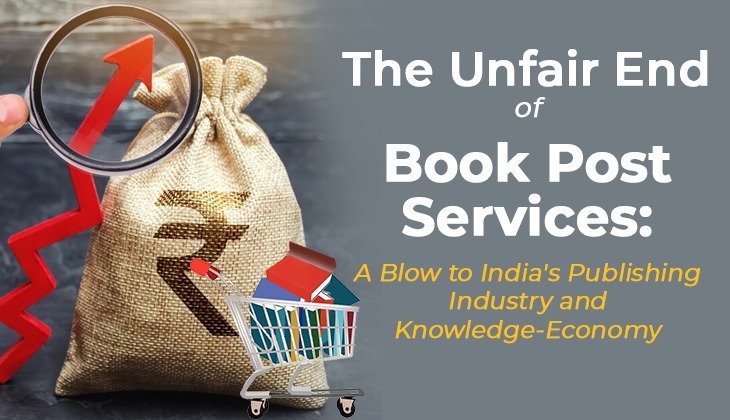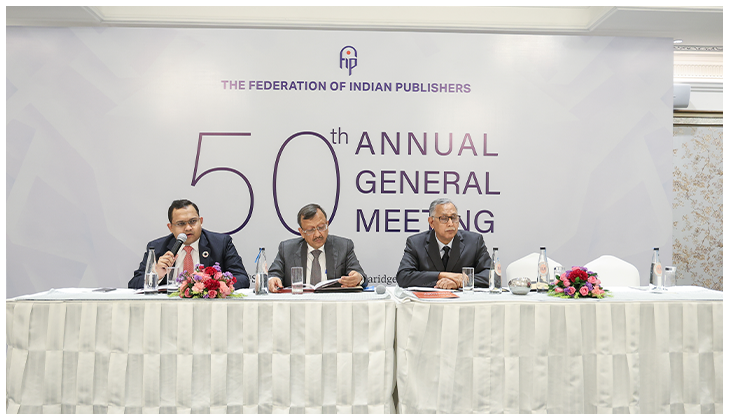The frequency of mental illness in India is among the highest in the world. According to a 2016 survey on mental health in the country, about 14% of Indians needed some kind of professional help. On April 7, 2017, The Government enacted the Mental Health Care Act of 2017, and it officially went into effect on July 7, 2018. The law is referred to as “An Act to provide for mental healthcare and services for persons with mental illness and to protect, promote and fulfill the rights of such persons during delivery of mental healthcare and services and for matters connected therewith or incidental thereto.”
Concurrently, the Indian government has launched a nationwide programme to raise awareness of mental health concerns in the wake of the epidemic, which is a huge step in the right direction. Since ‘long Covid,’ or the phenomenon of coronavirus-related disorders staying in patients long after they recover, is a major concern, India’s Finance Minister Nirmala Sitharaman announced a National Tele Mental Health Programme when delivering the Union Budget for the year 2022-2023. Another giant step in this direction came into effect on November 1, 2022 when the Insurance Regulatory and Development Authority of India (IRDAI) mandated that all health insurance firms cover mental diseases as well.
An estimated 10.6% of Indian adults experience mental health issues, including common mental disorders, severe mental disorders, and alcohol and substance use disorders (excluding tobacco use disorder), according to a survey by the National Institute of Mental Health and Neurosciences (NIMHANS), Bangalore. To curb that, the government has set up a hotline staffed by mental health specialists available around the clock in response to concerns about the potential effects of the latent mental health pandemic. Nonetheless, the World Health Organization (WHO) reports that India has a critical shortage of mental health professionals. When compared to the number of people who have mental health problems, the availability of psychiatrists and psychologists is severely inadequate. Only three psychiatrists and psychologists per one hundred thousand individuals are reported by the worldwide organisation. In this vein, Manpower Development Scheme was originally started by the Government of India in the 11th Five-Year Plan, and current efforts are being made to close the resulting deficit in an allied fashion.
Additionally, advocacy via different media channels, including the production of artistic and audio-visual materials, on the subject of stress and anxiety management and the promotion of a supportive and caring community for all people. A similar set of recommendations, “Mental Health in the Times of COVID-19 Pandemic – Guidance for General Medical and Specialized Mental Health Care Settings,” was issued and disseminated by the National Institute of Mental Health and Neurosciences (NIMHANS), Bengaluru, during the pandemic. Moreover, NIMHANS is increasing the capability of health professionals to provide psychological support and training using the Internet-based Global Online Training and Education (iGOT)-Diksha platform.
While the overall healthcare budget was increased by 16.6% this year, the share of the budget allotted to mental health decreased from 0.8% to 0.77%, increasing by just 12.22%. Furthermore, the government’s National Mental Health Programme has not received any additional financing despite the fact that centrally financed mental health institutions have received more money.
In light of the fact that India bears a disproportionately large share of the global burden when it comes to mental health, more has to be done to address the issue, and India’s efforts should be proportional to the magnitude of the problem. In order to make the most of the newly found momentum, it is essential to give priority to concrete policy measures that aim to both immediately address pressing needs and provide the groundwork for more sustainable solutions in the future.
The Insurance Regulatory and Development Authority of India’s (IRDAI) order to include mental health care in the scope of mandatory health insurance coverage was a positive development. Insurance companies often pay for hospital stays but not outpatient services like therapy or medication for mental health issues. So that the vast majority of patients may get the therapy and medical attention they need without going bankrupt, we must prioritise the introduction of changes and the implementation of those reforms. Moreover, we need to keep increasing the number of people working in the field of mental health and the quality of treatment provided to meet the rising need.
Solh is a positive step towards this direction under the leadership of Mr Kapil Gupta, Founder & CEO of Solh Wellness and I wish that they bring revolutionary changes in times to come in the Mental Health Domain.



